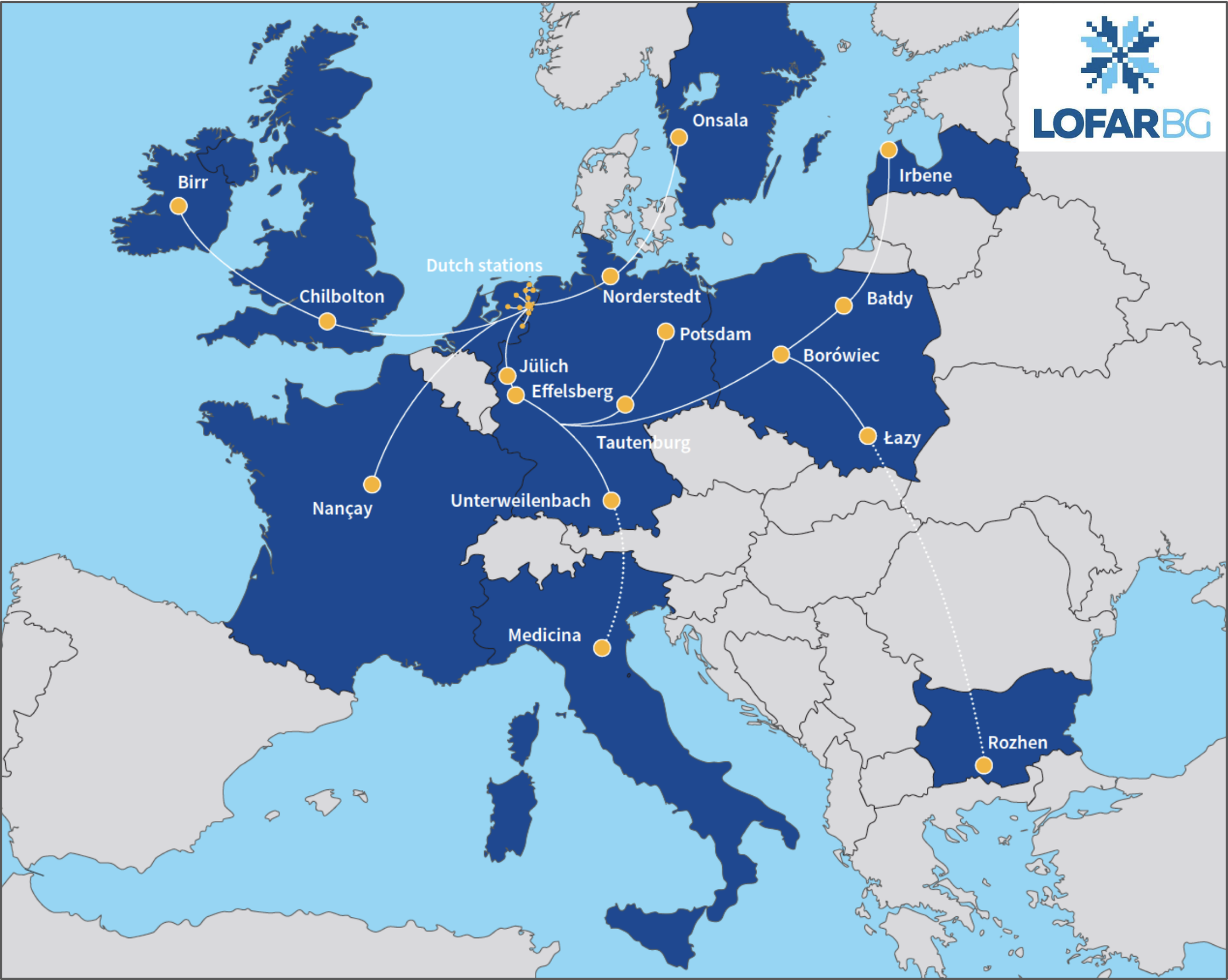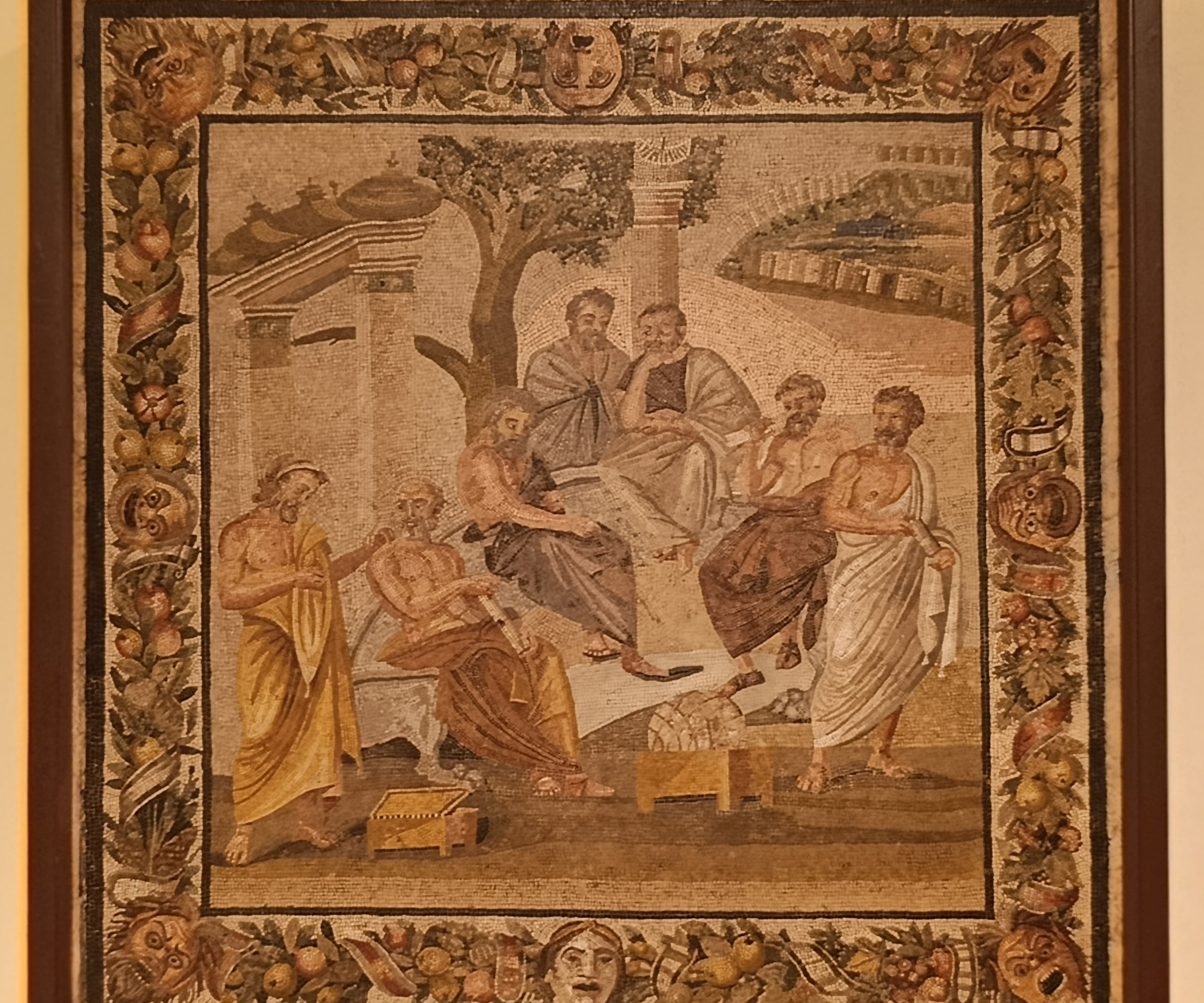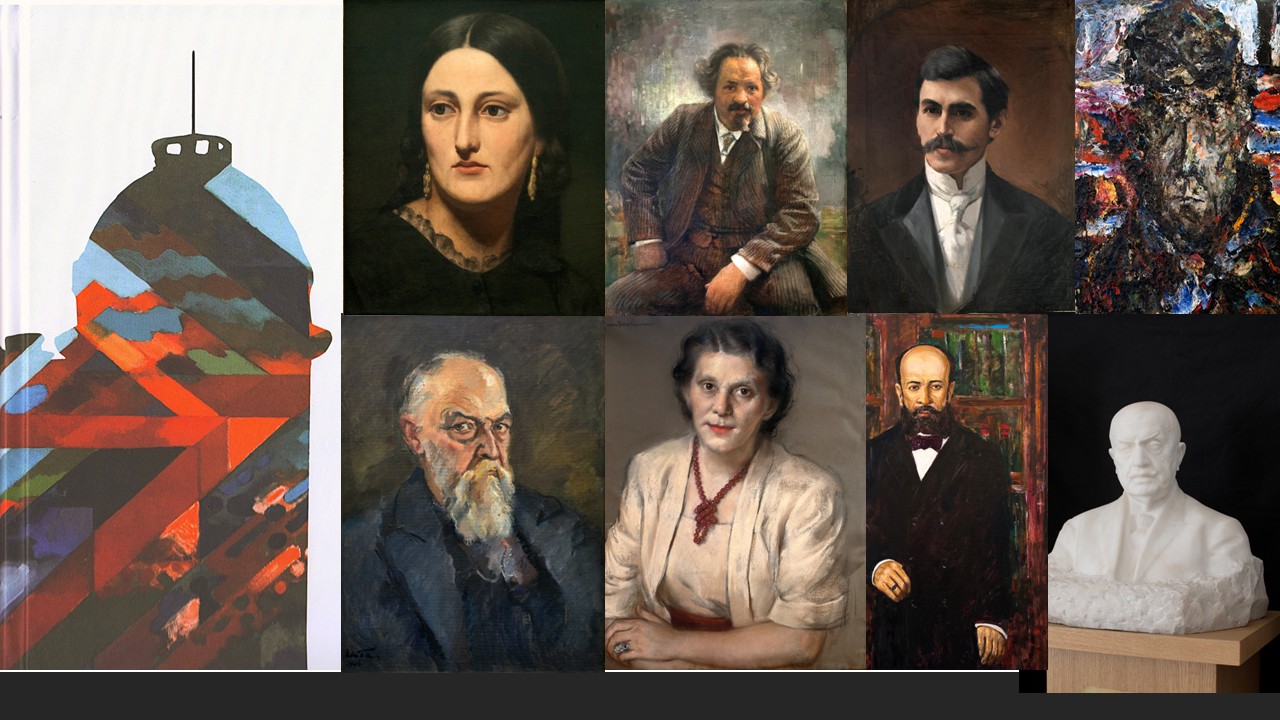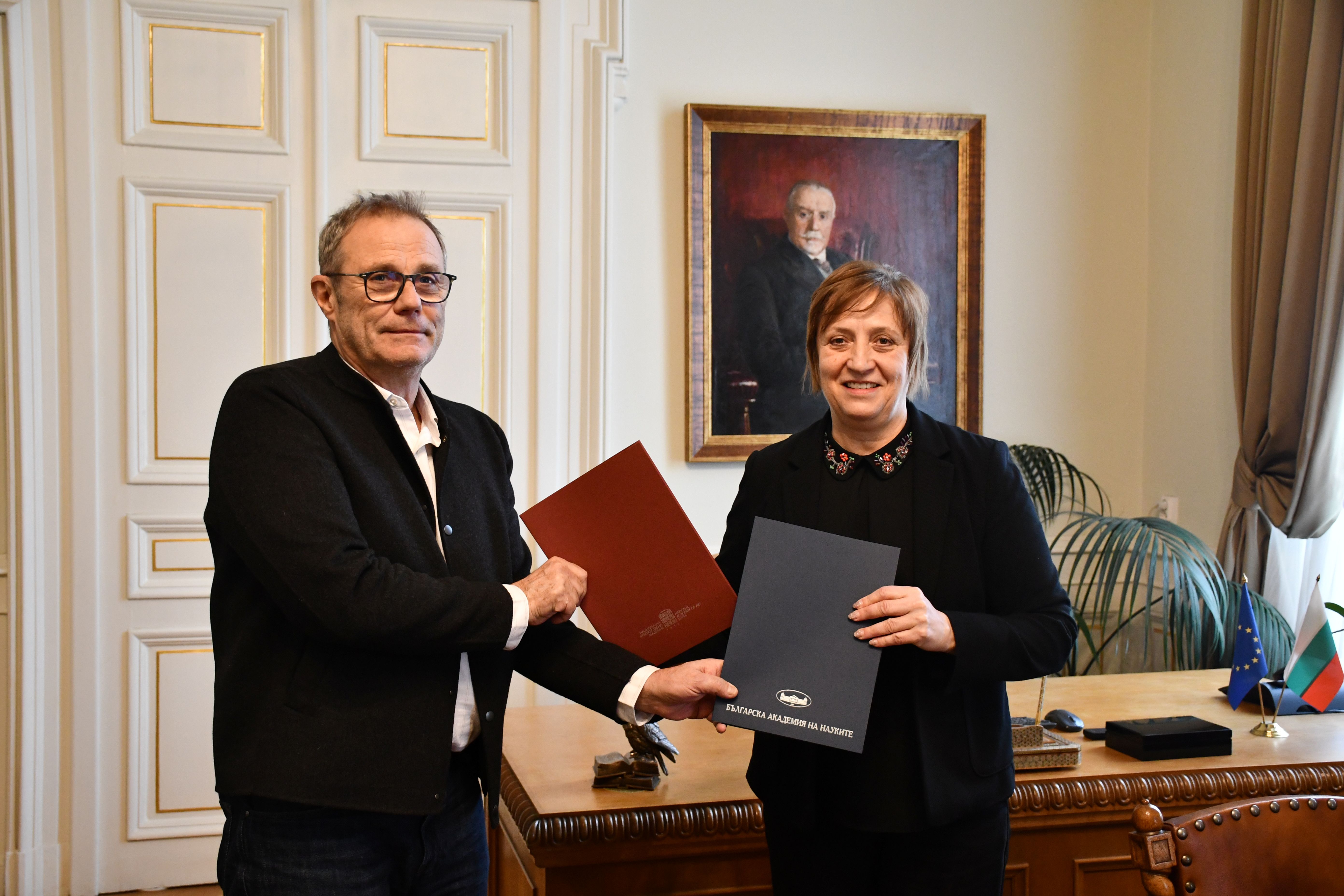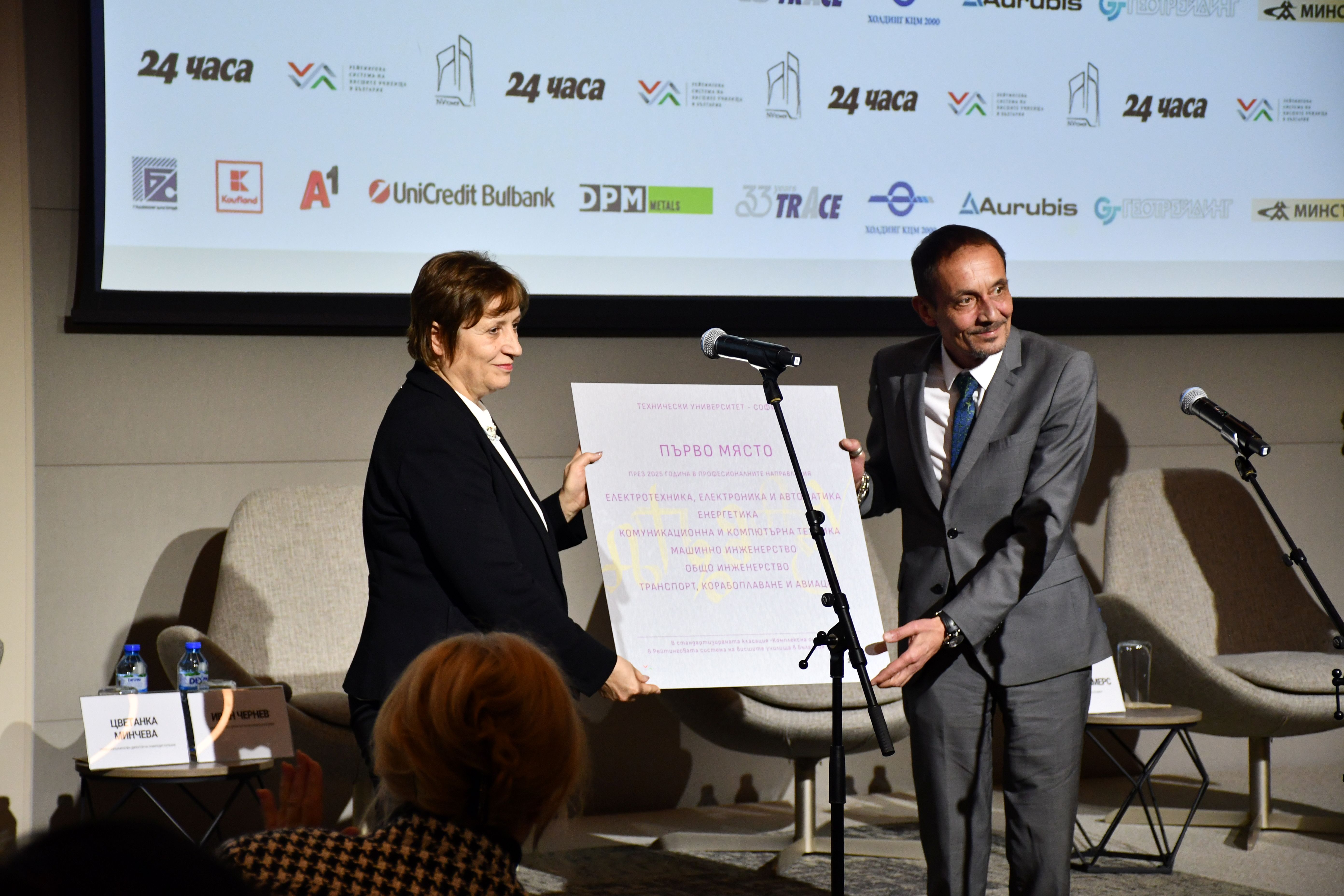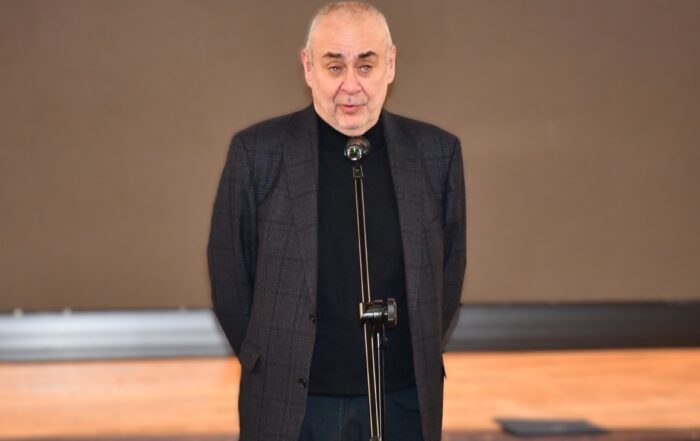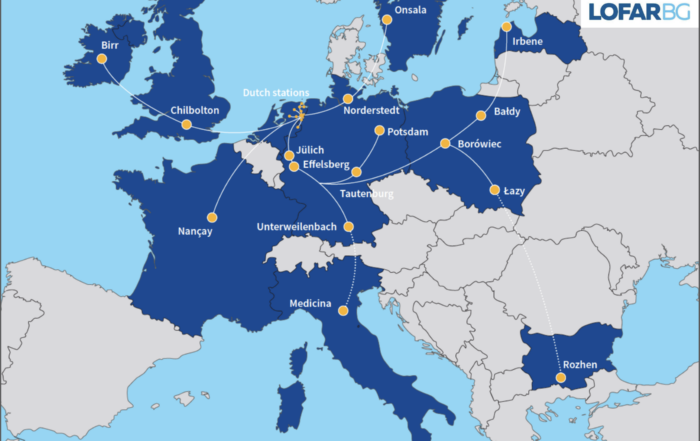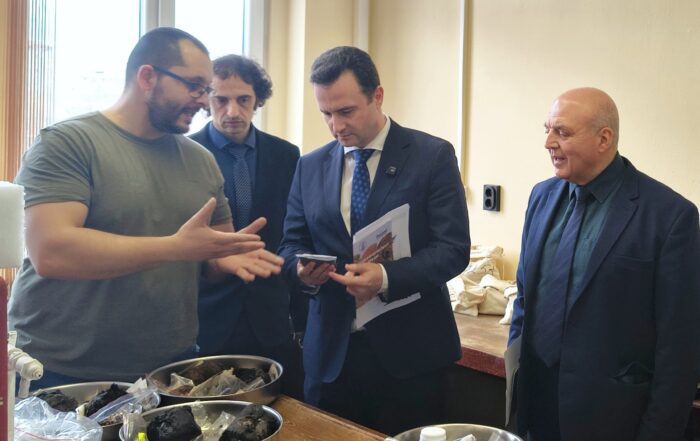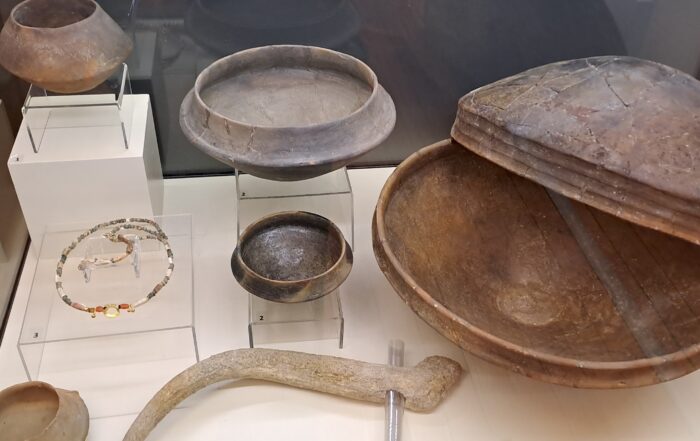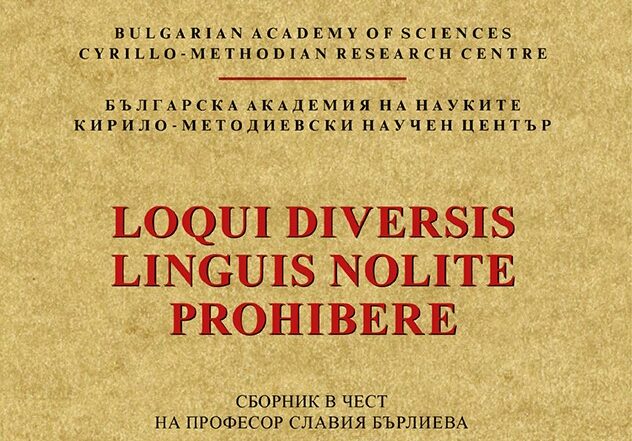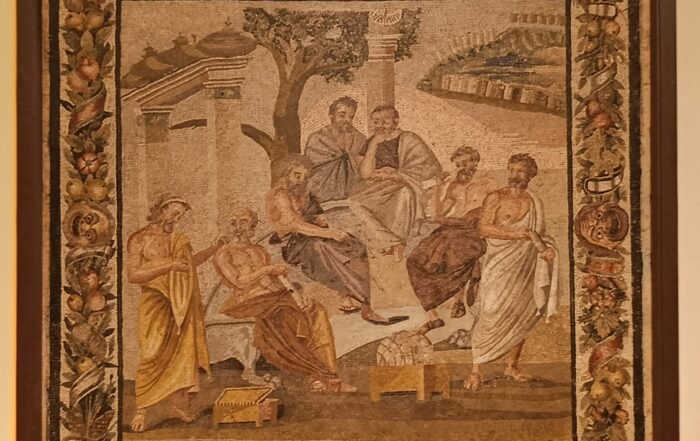Social Networks
Lecture on “Some Current Issues in the Penal Policy of the Republic of Bulgaria” delivered by Corr. Memb. Boris Velchev at BAS
In his lecture, delivered on February 19, 2026, as part of the “Current Issues in Science” Academic Seminar, Corr. Memb. Velchev presented specific issues related to the creation and implementation of penal policy in the [...]
The Bulgarian LOFAR radio telescope will become operational in 2026
The Institute of Astronomy with NAO offers opportunities to participate in its construction through summer internships for students, doctoral students, and young scientists. By the end of 2026, Bulgaria will complete the construction of the [...]
Visit of the Minister of Energy to the Geological Institute of BAS
On February 13, Minister of Energy Zhecho Stankov and Executive Director of Bulgarian Energy Holding (BEH) Valentin Nikolov visited the Geological Institute of BAS. The meeting was also attended by BAS Vice President Prof. Shtelian [...]
“Bulgarian Archaeology 2025” exhibition
The President of BAS, Corr. Memb. Evelina Slavcheva, attended the opening of the “Bulgarian Archaeology 2025” exhibition organized by the National Archaeological Institute with Museum of BAS (NAIM-BAS). The exhibition showcases the most significant discoveries [...]
The Cyrillo-Methodian Research Center celebrates the feast of St. Cyril’s Repose
The scientific collection “Loqui diversis linguas nolite prohibere”, dedicated to the 70th anniversary of the prominent medievalist from the Cyrillo-Methodian Research Center of BAS Prof. Dr. Slavia Barlieva, was presented on February 12 in the [...]
BAS becomes an honorary member of the revived Plato’s Academy
Платонова академия, мозайка от разкопките в Помпей, Национален археологически музей на Неапол, фотограф: Е. Мутафов Plato's Academy - mosaic from the excavations in Pompeii, National Archaeological Museum of Naples, photographer: E. Moutafov A [...]


